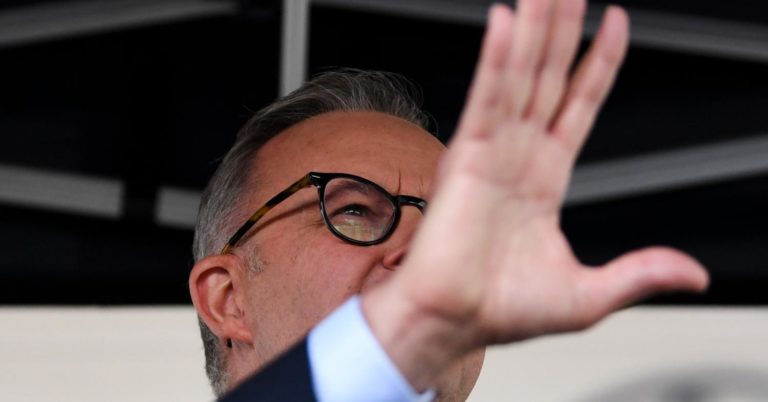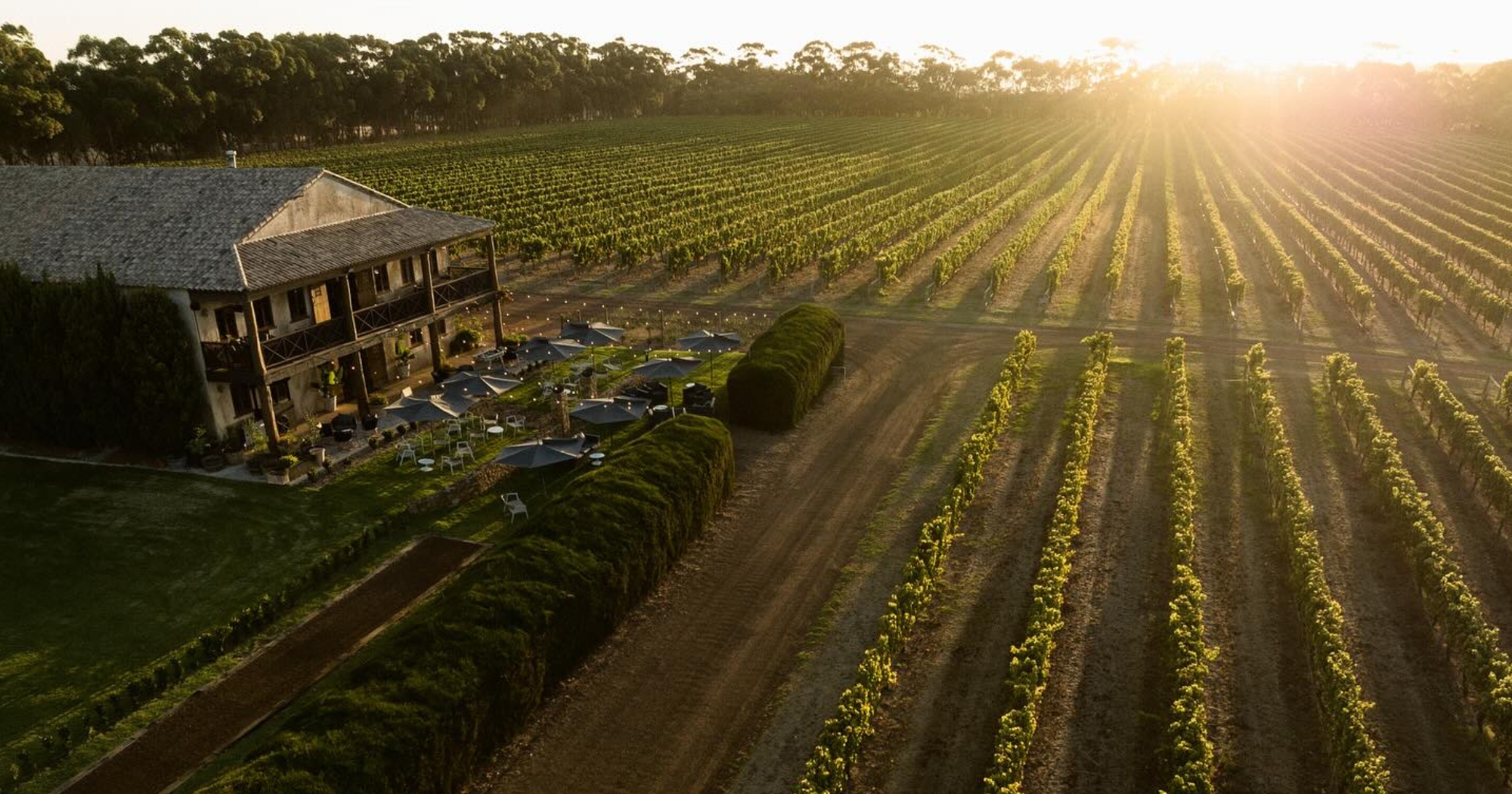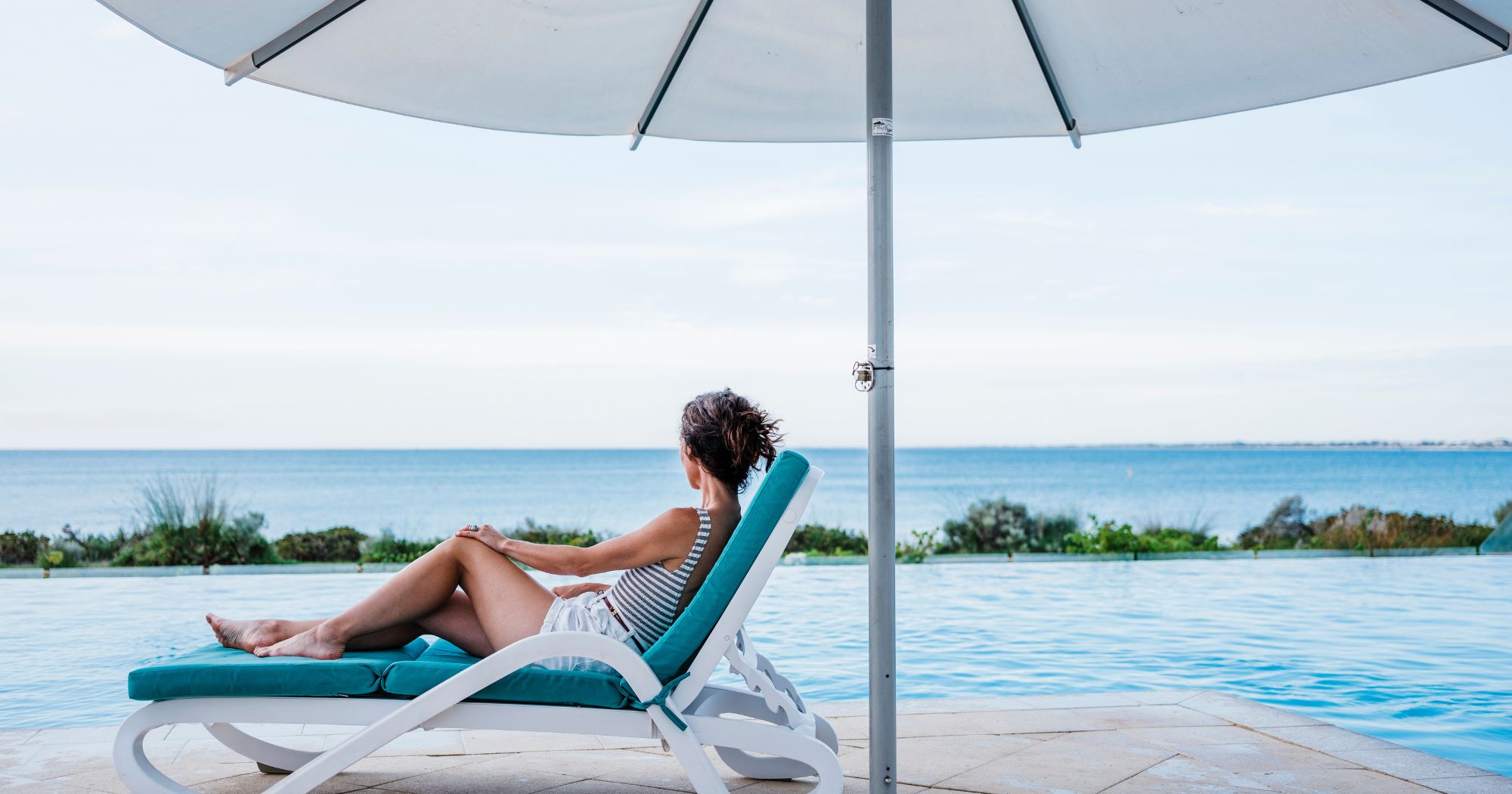Everything you need to know about the final Federal Election debate and how the WA result stood out.
Anthony Albanese and Scott Morrison clashed for the last time in a debate on Wednesday night, with both leaders grilled on wages, childcare, climate change, border policies and integrity.
This time the debate was on Channel 7 and was substantially less chaotic than Channel 9’s debate on Sunday night.
So what did we learn, who won, and how were WA viewers’ attitudes different to the rest of the country?
Wages
The wages of Australians were front and centre at the front of the debate, mostly because it had been the main topic of the campaign the last couple days.
That’s because Albanese said he’d support a 5.1 per cent wage rise (basically enough to keep up with inflation), which Morrison seized on as a reckless call that small businesses wouldn’t be able to afford.
Ultimately, it’s up to the Fair Work Commission, but both Parties can put submissions into the review of wages.
Morrison said his government wouldn’t put in a submission.
Labor backtracked a bit from the call for 5.1 per cent and said it would determine what would be in its submission after the election.
But Albanese clarified in the debate that if the rise was any less than 5 per cent, workers would essentially be looking at a real wage cut because inflation would push up prices.
Both leaders dug into their position, Morrison repeated his claim that Albanese was a “loose unit” with the economy making ill-conceived calls with no consultation, and Albanese that a wage rise of 5 per cent really just equated to “two cups of coffee a day” – painting Morrison as pretty cheap.
Childcare
Both leaders were asked why childcare couldn’t be universal in Australia.
Albanese spruiked Labor’s childcare package, which would make childcare more affordable for 98 per cent of families, and said Labor would ask the Productivity Commission into looking at how universal childcare could be impacted.
Morrison didn’t answer the question about childcare and instead talked about female participation and the gender pay gap falling, which is indicative of a childcare system getting women into work but the PM never actually used the word “childcare” in his answer.
That is, until the journalist asked him if he had to “speak to Jenny about it”.
This woke him up and made him articulate his own experience (putting his two daughters into childcare) and the Coalition’s plan, which he said was working without being too expensive and consequently costing the taxpayer more.
Alan Tudge
Ah yes, this thorn in the PMs side.
Albanese seized on this whole saga – that is Tudge being accused of emotional and physical abuse by a staffer who was paid $500,000 in compensation – and asked the PM who his education minister was.
This might sound like a dumb question but the fact is it’s not clear.
Tudge stood down after the scandal even though an inquiry cleared him of wrongdoing, but frontbencher Stuart Robert is still only acting education minister.
Tudge was on TV earlier on Wednesday and indicated he’d like to come back to the ministry after the election.
And the PM really had little choice but to say what he said next: “I’d welcome him back”.
Character
The two leaders were of course big on attacking each other’s character and track record.
Morrison pointed to how Labor had in 2007 weakened Australia’s border policy, which led to thousands of boats arriving and thousands of deaths at sea.
But Albanese turned this around on Morrison and said Labor had since seen how the “good idea” of boat turnbacks worked and adopted the same position as the government rather than being in opposition to it for the hell of it.
He said this was very different to how the Coalition was always adversarial.
Albanese attacked Morrison over integrity and the fact the Coalition hadn’t legislated an anti-corruption body.
When Morrison was asked at the last debate if he had ever seen corruption in the Liberal Party he said no, and so he was very much on the back foot here already.
Finally, both leaders were asked to name something about the other they liked but which maybe wasn’t good for the country.
Morrison said Albanese had always remembered where he’d come from – social housing and raised by a single mum – but he wasn’t across the detail of running a government and so wasn’t up for the job.
Albanese on the other hand just complimented Morrison for getting Australia through the pandemic and left it at that.
For a lot of viewers, this didn’t portray Morrison in a positive light.
The result
Albanese won the debate with the biggest margin yet, with 50 per cent of viewers believing he came out on top compared to 34 per cent of viewers who thought Morrison won.
The breakdown of states showed Albanese dominated pretty much everywhere.
In Queensland’s seat of Lilley, Albanese won 54 to 41 per cent, while in South Australia’s Boothby, he won 52 to 32.
In the NT, he got more than 50 per cent on his side again, compared to Morrison who only convinced 25, while in Tassie he won 52 per to 32.
So how is WA different?
Our state was the only one that broke the trend.
No Morrison didn’t win… it was a tie.
Both leaders got 44 per cent of the viewers onside.
So while Albanese did win this debate overall, it seems West Aussies aren’t yet convinced and there were huge portions of people who were still undecided.
Seems it could still be anyone’s game… but perhaps Albanese has the inside track.
Stay on top of the latest 2022 Federal Election news on So Perth.













